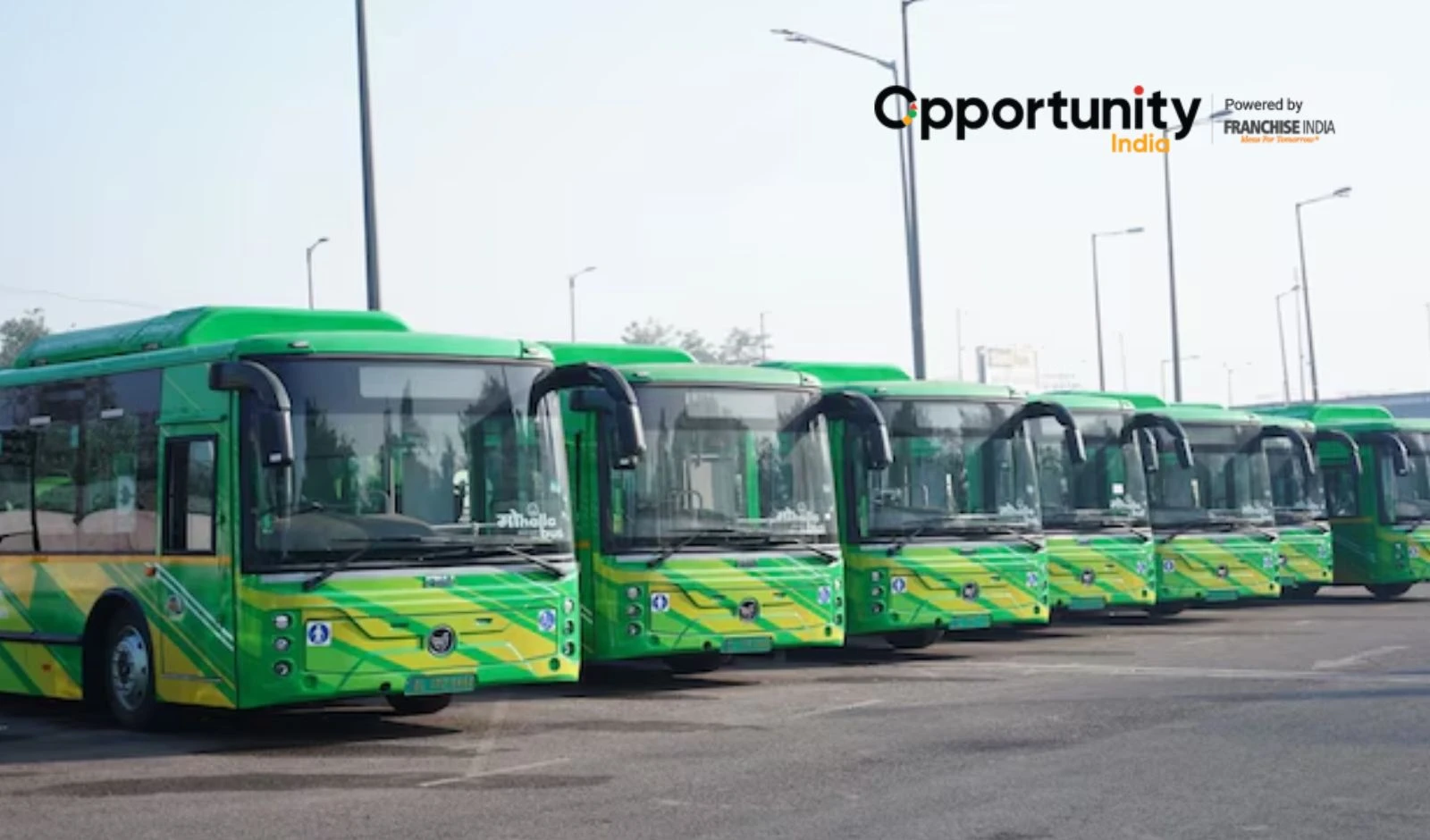
The Delhi government has launched a new initiative called DEVI (Delhi Electric Vehicle Interchanges), introducing 76 electric buses to enhance clean and inclusive public transport in the city. The rollout, which began from the Ghazipur depot, aims to bolster last-mile connectivity between metro stations and inner residential colonies. According to officials from the transport department, the DEVI model has been designed to link underserved localities to major public transport routes. Each of these new electric buses is expected to operate on short routes, covering approximately 12 kilometers daily.
As part of the initial route plan, eight buses will run from Anand Vihar ISBT to Keshav Nagar Mukti Ashram, six from Seemapuri to Old Delhi Railway Station, and ten from Mayur Vihar Phase-3 to Mori Gate Terminal. Additionally, 14 buses are being deployed between Anand Vihar ISBT and Kapashera Border, a route with limited public transport access. Smaller fleets will also operate on routes connecting Anand Vihar to Swaroop Nagar and Sangam Vihar. In the next phase, DEVI buses will be introduced from Nangloi and East Vinod Nagar depots. These buses are specifically designed to navigate narrow lanes and densely populated areas where traditional buses cannot operate efficiently.
The DEVI service is a revamped version of the earlier 'Mohalla Bus Service', relaunched with improved planning and upgraded infrastructure. Officials claim this renewed service will now be more organized, impactful, and sustainable. The fully electric buses align with Delhi’s Electric Vehicle (EV) Policy, which aims for 25% of all new vehicle registrations to be electric by 2024. This initiative also supports Delhi’s commitments under the National Electric Mobility Mission Plan (NEMMP) and the FAME India Scheme, marking a significant step toward sustainable urban mobility.
Transport authorities emphasized that the initiative is not just about increasing bus numbers but is a strategic effort to make urban mobility more accountable and inclusive. With over half of Delhi’s population dependent on public transport, improving last-mile options is crucial. DEVI buses come equipped with low-floor entry, CCTV, GPS, and are expected to offer Wi-Fi in future phases. The city is also expanding its EV charging infrastructure in collaboration with DTC and private players. Despite recent political transitions, the government maintains its focus on service continuity and climate resilience. The DEVI initiative is designed to be scalable and could extend to other NCR regions based on performance. More than a transport upgrade, DEVI reflects Delhi’s vision for an accessible, eco-friendly, and tech-enabled urban future.

